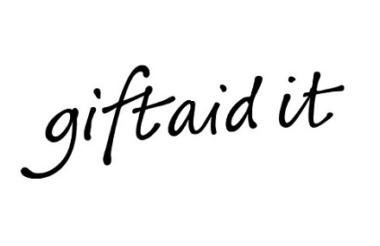The Charity Finance Group has published a new free guide to claiming Gift Aid as part of activity for Gift Aid Awareness Day yesterday.
The Gift Aid Awareness Day Toolkit includes resources to help charities and their shops encourage donors to tick the Gift Aid box, which adds 25 per cent to the total value of donations.
Resources include posters, infographics and tweets urging donors to “tick the box”, and highlighting the £560m in Gift Aid that goes unclaimed every year.
Gift Aid Awareness Day
Several charities supported Gift Aid Awareness Day, including Cancer Research UK via its shops, Asthma UK and the Zoological Society of London.
The charity Christian Aid combined Gift Aid Awareness Day with National Poetry Day and tweeted a three-stanza poem.
This is just to say
— Christian Aid (@christian_aid) October 3, 2019
We have claimed
the sums
£3.47 million
from the tick box
and which
you were obviously
giving
very generously
Forgive us
they cost you nothing extra
so great
and so gold #NationalPoetryDay#GiftAidAwarenessDay #tickthebox
Maximising donations through Gift Aid
CFG’s Gift Aid guide says: “Every small charity that regularly receives donations from individuals should register for Gift Aid so that they maximise the value of donations to their charity.”
It includes a Gift Aid declaration template, and emphasises that Gift Aid can be claimed by charities on donations from up to four years ago.
The guide explains there are three rules governing the types of donations, which charities can claim Gift Aid from:
- The donation must come from a donor’s own money.
- The donation must be money – cash, cheque, direct debit, electronic transfer; gifts in kind cannot be claimed against.
- Payments for a service or goods can not be used for a claim, although charities can claim Gift Aid on sales of donated goods, with the donor’s agreement.
|
Related articles










